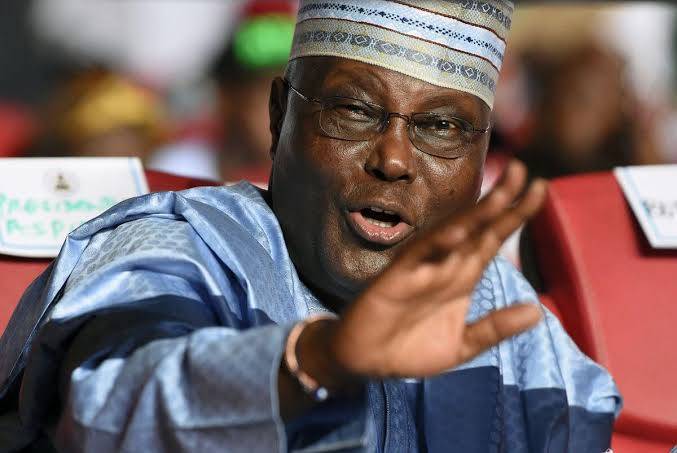Atiku Slams 2025 Budget As Inadequate To Address Nigeria's Economic Woes
Former Vice President Atiku Abubakar has raised concerns over the 2025 proposed budget, describing it as insufficient to address Nigeria's pressing economic challenges. His remarks come amid growing national debates over the country's fiscal policies, with many stakeholders questioning the government's approach to economic recovery and growth.
Atiku, a seasoned politician and economic commentator, highlighted several critical areas where he believes the proposed budget falls short. According to him, the allocation for key sectors such as education, healthcare, and infrastructure remains grossly inadequate to stimulate the kind of transformation Nigeria urgently requires. He argued that the current fiscal plan reflects a lack of strategic vision needed to pull the nation out of its economic struggles, including rising inflation, unemployment, and a mounting debt burden.
The former vice president stressed the importance of a holistic approach to budgeting that prioritizes investment in human capital and technological innovation. He pointed out that while recurrent expenditure continues to consume a significant portion of the national budget, capital expenditure—critical for long-term economic growth—remains underfunded. This imbalance, he noted, undermines the government's ability to foster sustainable development and improve the quality of life for Nigerians.
Atiku also raised concerns about the nation's reliance on debt to finance its expenditures. He warned that the increasing debt profile poses a significant threat to Nigeria's economic stability, urging the government to explore alternative revenue-generating strategies. These include diversifying the economy, reducing overdependence on oil revenues, and creating an enabling environment for private sector growth. According to him, fostering public-private partnerships could serve as a catalyst for infrastructure development and job creation.
In addition to critiquing the budget, Atiku offered practical solutions to address the country's economic challenges. He advocated for a transparent and accountable governance framework that ensures public funds are utilized efficiently. He also emphasized the need for targeted social investment programs to alleviate poverty and empower vulnerable populations. For him, prioritizing these areas will not only accelerate economic recovery but also promote social cohesion in a country facing multifaceted challenges.
Atiku's critique underscores a broader issue that has plagued Nigeria's fiscal management over the years: the disconnect between budgetary allocations and actual economic outcomes. Despite successive administrations presenting ambitious budgets, the impact on the average Nigerian has often been negligible. Atiku argued that without a paradigm shift in policy formulation and implementation, the country risks perpetuating a cycle of economic stagnation.
The former vice president's comments have sparked discussions across political and economic circles, with analysts offering varying perspectives on the proposed budget's merits and shortcomings. While some see his remarks as a constructive critique aimed at promoting national interest, others view them as politically motivated. Nonetheless, the issues he raises resonate with many Nigerians who continue to grapple with economic hardships.
As Nigeria approaches 2025, the onus is on policymakers to craft a budget that addresses the country's pressing needs while laying a foundation for sustainable growth. Atiku's intervention serves as a reminder of the stakes involved and the urgency of implementing robust economic reforms. Whether the government heeds these calls remains to be seen, but the discourse surrounding the proposed budget is unlikely to subside anytime soon.


